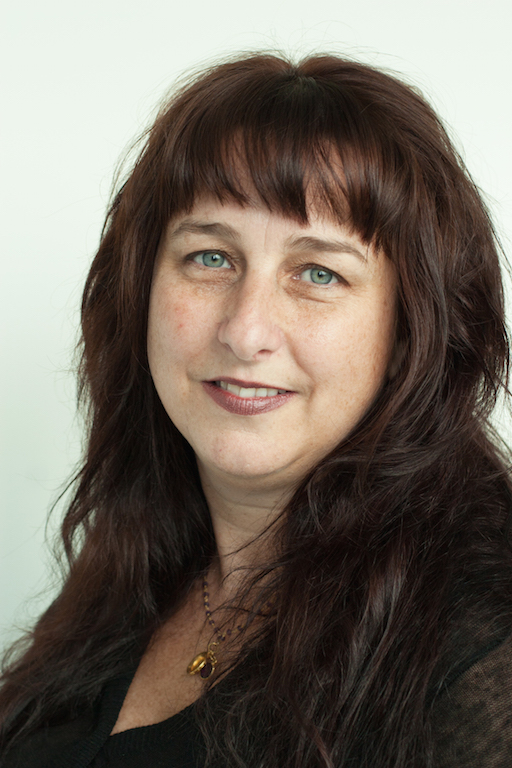
Public seminar on Sexual and Reproductive Health in Indonesia, Thurs 23 June
Indonesia Forum Public Seminar Series
“Addressing the artificial disconnection of sexual and reproductive health in Indonesia: An imperative for research, policy and medical education”
Presented by
Dr. Linda Rae Bennett
The University of Melbourne
This presentation offers an overview of the critical reproductive and sexual health issues for the Indonesian population, demonstrating that despite Indonesia¹s continued economic growth and classification as a low-middle-income-country, the reproductive and sexual health of its citizens requires far greater attention and resources than it has been previously accorded. The current situation is characterised by rising incidence of reproductive health cancers, the rising incidence of STIs other than HIV, the rising incidence of infertility, and a plateau in the total fertility rate since 2012. Additionally, the rate of new HIV infections is escalating and the HIV epidemic is now driven primarily by heterosexual sex. Longterm reproductive health problems that have already received considerable attention also persist, such as unacceptably high maternal mortality rates, contraceptive failure, and the reproductive morbidity stemming from unsafe abortion and sexual violence.
Drawing on case studies with Indonesian women and couples, I will provide examples of how inextricably interconnected reproductive sexual health are, and will highlight the consequences of the persistent failure to offer comprehensive reproductive and sexual health care that addresses both components. I will then offer an explanation of how and why this artificial disconnection of sexual and reproductive health has occurred in the Indonesian context. This involves critiquing: policy priorities, international health agendas, the role of sexual morality and stigma in shaping health care, the othering of sexual risk, and shortcomings in medical education for Indonesian health care personnel. I argue that in order to adequately address the complexity and enormity of these issues, health services need to acquire the capacity and willingness to offer integrated reproductive and sexual health care. This is no small task and will require a reorientation and integration of policy priorities, significant health system investment and reform, and improved medical and health training. Taking an integrated and curative approach to health planning and health services provision for reproductive and sexual health can prevent a great deal of unnecessary suffering and mortality. In the long term, offering integrated care will also be far more cost efficient than the current approach.
Dr Linda Rae Bennett is a medical anthropologist specialising in the areas of gender, sexuality, sexual and reproductive health and rights, and gender-based violence and inequity. She has worked within communities in Australia, Southeast Asia and the Pacific. Her most extensive body of work has been in Indonesia, with two decades of experience as a researcher, educator and development consultant, during which she has worked in eleven different locations across the archipelago. In Indonesia Dr Bennett has undertaken research and published on a wide range of issues including: premarital pregnancy and abortion; family planning; reproductive/sex education; adolescent marriage and motherhood; maternal and neonatal health; HIV and AIDS; sexual violence; domestic violence; polygamy; courtship and social transformations; sexual morality and gender discrimination in reproductive health care; patient rights and education; assisted reproductive technologies, infertility and social suffering; and the human papilloma virus (HPV) and other sexually transmissible infections. Dr Bennett is an Honorary Senior Research Fellow at the Nossal Institute for Global Health, The University of Melbourne. Her most recent edited book (with Sharyn Davies); Sex and Sexualities in Contemporary Indonesia (Routledge 2015) won the 2015 Ruth Benedict Prize for the Most Outstanding Edited Volume.
Enquiries and RSVP to hani.yulindrasari@unimelb.edu.au
Admission is free, RSVP is essential
Light refreshments provided